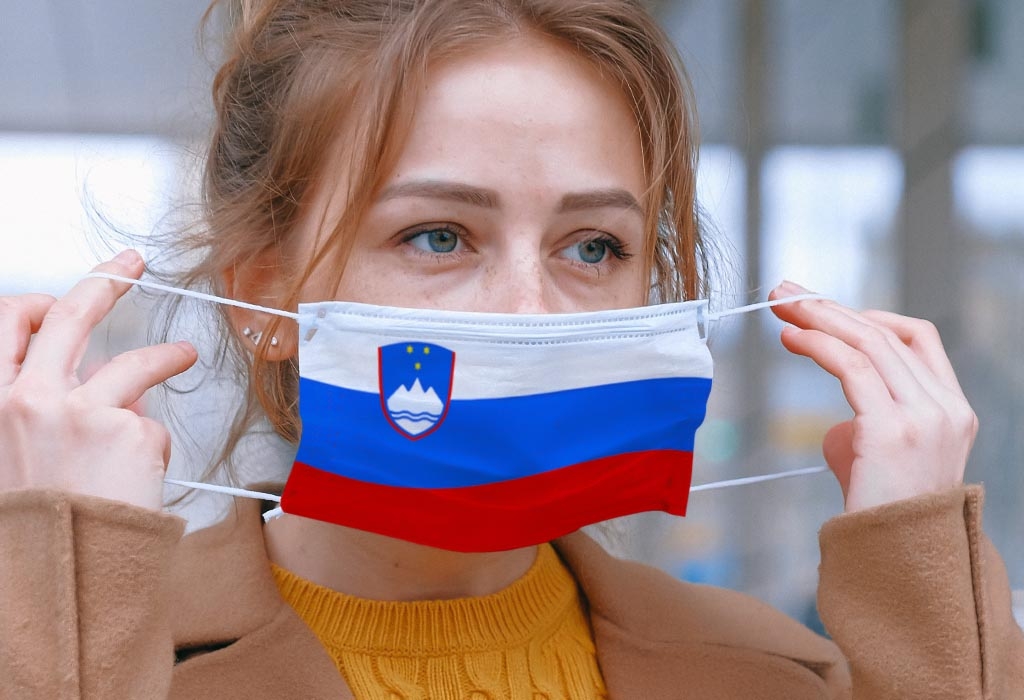Slovenia recorded 2,217 new coronavirus cases for Tuesday, more than double the figure the day before, and a record 40 fatalities as Health Minister Tomaž Gantar reiterated his call for tighter restrictions.
The latest statistics were first revealed by Gantar on Twitter, wondering if anyone still doubted that stricter measures were not urgent. “This is about people’s health,” he said ahead of Thursday’s government session where restrictions are to be reviewed.
A near record 7,515 tests were performed yesterday, which puts the positivity rate at 29.5% after 24% reported for Monday. This was after a new recommendation was issued by the Health Ministry to test everyone suspected of having caught the virus again.
Gantar, who has been calling in recent days for a return to the type of lockdown seen in the spring, said the number of infections was falling too slowly, with one in 22 people infected. The demand for beds is growing, healthcare staff are exhausted, he wrote in his Twitter correspondences.
Data released by the government show a total of 1,192 patients were hospitalised with Covid-19 yesterday, including 202 in intensive care, which is 21 and six more the day before, respectively. Ninety-six patients were discharged home.
Commenting at the daily press briefing, government spokesman Jelko Kacin argued that the trends continued to improve and that despite higher absolute numbers nothing had really changed from Monday while the spike in infections was due to a change in testing strategy.
He said the reproduction number kept improving, offering graphs showing there had been no change in hospital admissions in the past two days and that the daily increase in admissions, discounting discharges and fatalities, was lower than days ago.
He did say though that the situation was worsening in the north east of the country, with the average 14-day incidence in Pomurje already exceeding 1,500 per 100,000 residents. Patients from there were moved to hospitals in other parts of the country.
However, Gantar argued earlier that until there were more admissions to hospitals than releases, it made sense to tighten restrictions for a short period.
The monitoring of the implementation of existing measures is being conducted, but he believes this is not enough given the gravity of the situation. “Better a short tightening that also enables a faster transition to normality.”
The minister believes that all non-vital activities should be limited for a two-week period, including public transport. None of the existing restrictions should be softened, which also entails remote education for two more weeks.
Economy Minister Zdravko Počivalšek has in turn argued that this is a health as well as an economic crisis, meaning compromises are necessary when deciding on measures. The Chamber of Commerce and Industry has also appealed on the government not to adopt new restrictions in order to protect jobs.
The latest infections put Slovenia’s coronavirus case count to just short of 49,000 with 20,712 cases still active, according to the tracker site covid-19.sledilnik.org. The rolling 14-day average of infections per 100,000 residents has fallen to 988.
The death toll from Covid-19 has risen to 645.

